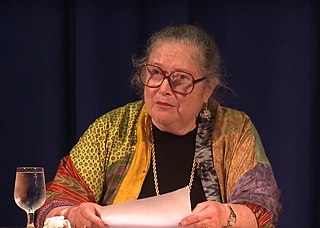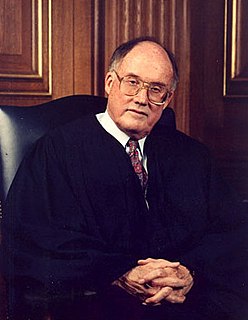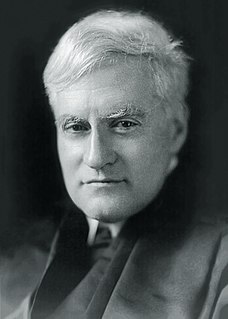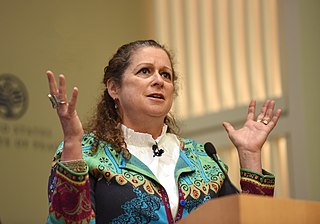A Quote by Benito Mussolini
It is my conviction that in time of war, when the cannon speaks with its powerful voice, the less we speak the better.
Related Quotes
Very few men can speak of Nature, for instance, with any truth. They overstep her modesty, somehow or other, and confer no favor.They do not speak a good word for her. Most cry better than they speak, and you can get more nature out of them by pinching than by addressing them. The surliness with which the woodchopper speaks of his woods, handling them as indifferently as his axe, is better than the mealy-mouthed enthusiasm of the lover of nature. Better that the primrose by the river's brim be a yellow primrose, and nothing more, than that it be something less.
More truly characteristic of dissent is a dignity, an elevation, of mood and thought and phrase. Deep conviction and warm feeling are saying their last say with knowledge that the cause is lost. The voice of the majority may be that of force triumphant, content with the plaudits of the hour, and recking little of the morrow. The dissenter speaks to the future, and his voice is pitched to a key that will carry through the years.


































